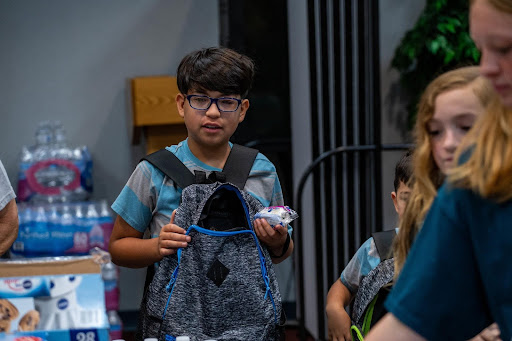Anxiety is a common mental health condition that affects millions of people of all ages, including children. Anxiety can make it difficult for children to focus in school, participate in class activities, and complete their assignments.
If your child has anxiety, you may want to consider talking to their teacher about school accommodations. School accommodations are changes that can be made to the school environment or curriculum to help students with disabilities succeed.
Examples of school accommodations for anxiety:
- Preferential seating: The student may be allowed to sit near the front of the classroom, near the door, or in a quiet area.
- Extra time on tests and quizzes: The student may be given more time to complete tests and quizzes.
- A quiet place to take tests: The student may be allowed to take tests in a quiet room, such as the library or the nurse’s office.
- Reduced workload: The student may be given fewer assignments or shorter assignments.
- Extended deadlines: The student may be given more time to complete assignments.
- Flexible attendance policy: The student may be allowed to miss or leave class early if they are feeling overwhelmed.
- Access to a counselor: The student may be given access to a school counselor or other mental health professional who can provide support and guidance.
It is important to note that not all students with anxiety will need or benefit from school accommodations. The best way to determine what accommodations are right for your child is to work with their teacher and other school staff members.
If you are interested in getting school accommodations for your child, the first step is to talk to their teacher. You can also contact the school counselor or special education director for more information.
Tips for talking to your child’s teacher about school accommodations:
- Be prepared. Before you meet with the teacher, take some time to think about what accommodations you think would be helpful for your child. You may also want to write down a list of questions you have.
- Be honest and open with the teacher. Explain your child’s anxiety and how it affects them in school. Be specific about the accommodations you are requesting.
- Be willing to work with the teacher. The teacher may have suggestions for other accommodations that would be helpful for your child. It is important to be flexible and willing to work together to find the best solution for your child.
Remember, the goal of school accommodations is to help your child succeed in school. By working with your child’s teacher and other school staff members, you can create a plan that will help your child reach their full potential. If you would like more support with anxiety for you and your child, contact us.

